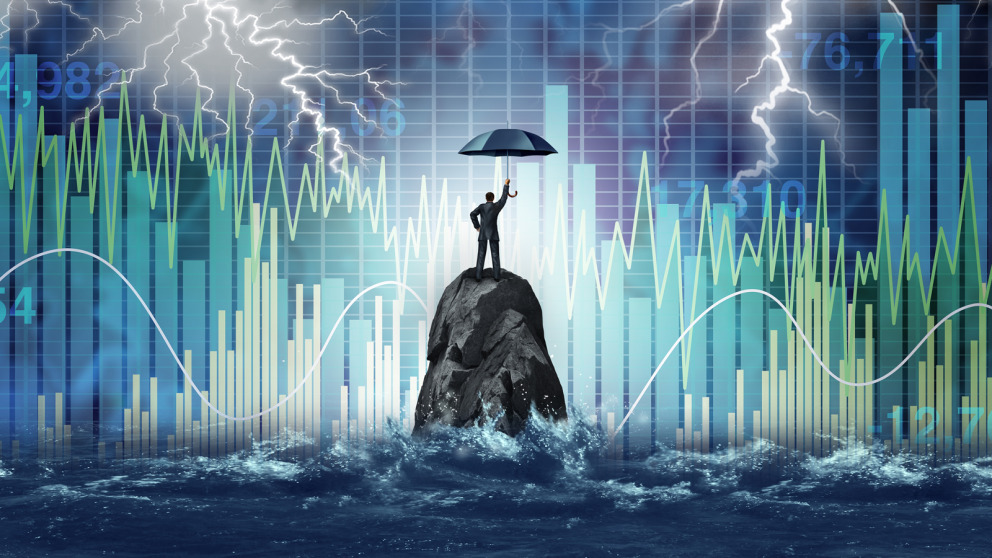Crises as Critical Junctures for Decarbonisation
02.02.2024
Economic crises can positively affect efforts to protect the climate. However, policymakers must ensure that energy and climate policies are resilient to the pressures that occur in times of crisis. During crises governments are advised to use green economic stimulus packages to support structural change consistent with the goal of deep decarbonisation.

In a study published in "Climate Policy" RIFS researchers compare the effects of the Global Financial Crisis (from 2007) and the Covid-19 Crisis (2020/21) on greenhouse gas (GHG) emissions drivers and energy policy in Germany and Spain. In Germany, the financial crisis did not significantly impact the downward trend in GHG emissions, while in Spain the combined effects of the financial and euro crises (2008-2013) led to a drop in CO2 emissions of around 30 percent. The Covid-19 crisis, on the other hand, led to significant reductions in emissions in both countries (12% in Spain and 5.5% in Germany).
Strategic investments necessary to secure long-term change.
“Spain experienced a significant downturn in the construction sector during the Global Financial Crisis and a radical shift away from coal, which was increasingly priced out of the market. Spanish emissions fell sharply during and after the financial crisis as a consequence. In Germany, on the other hand, decarbonization trends continued during the financial crisis, with emissions continuing to fall more or less in line with previous trends," explains lead author Germán Bersalli (RIFS).
During the Covid-19 crisis, the governments of both countries were at least partially successful in aligning their policy responses with the twin goals of short-term economic recovery and long-term decarbonization. While both governments made strategic investments with a long-term perspective, such as infrastructure and technology-specific funding programmes that have a higher potential of delivering structural transformations, these fall short of the ambitions set in the Paris Agreement. This included capital investments in rail infrastructure and low-carbon technologies. Other measures, such as tax relief, did not have a lasting effect on emissions trends however.
Crises offer windows of opportunity for climate policy
In order for a crisis to act as a critical juncture or tipping point for climate policy, the authors conclude, support policies must already be in place and designed in such a way that they can withstand the fiscal pressure that arises in times of crisis. Bersalli offers two examples: "The Spanish feed-in tariff for renewable energies was too dependent on the government budget, which led to its scrapping under the austerity measures implemented during the financial crisis. In Germany, where support for renewables was sourced differently, investment in clean energy continued." The severity of the crisis and the political manoeuvring among actors also influenced emissions trends.
Crises do not automatically lead to structural change, but they do provide windows of opportunity for policy change in the pursuit of long-term climate goals.
Bersalli, G., Tröndle, T., Heckmann, L., & Lilliestam, J. (2024). Economic crises as critical junctures for policy and structural changes towards decarbonization – the cases of Spain and Germany. Climate policy.
https://doi.org/10.1080/14693062.2024.2301750

Contact

